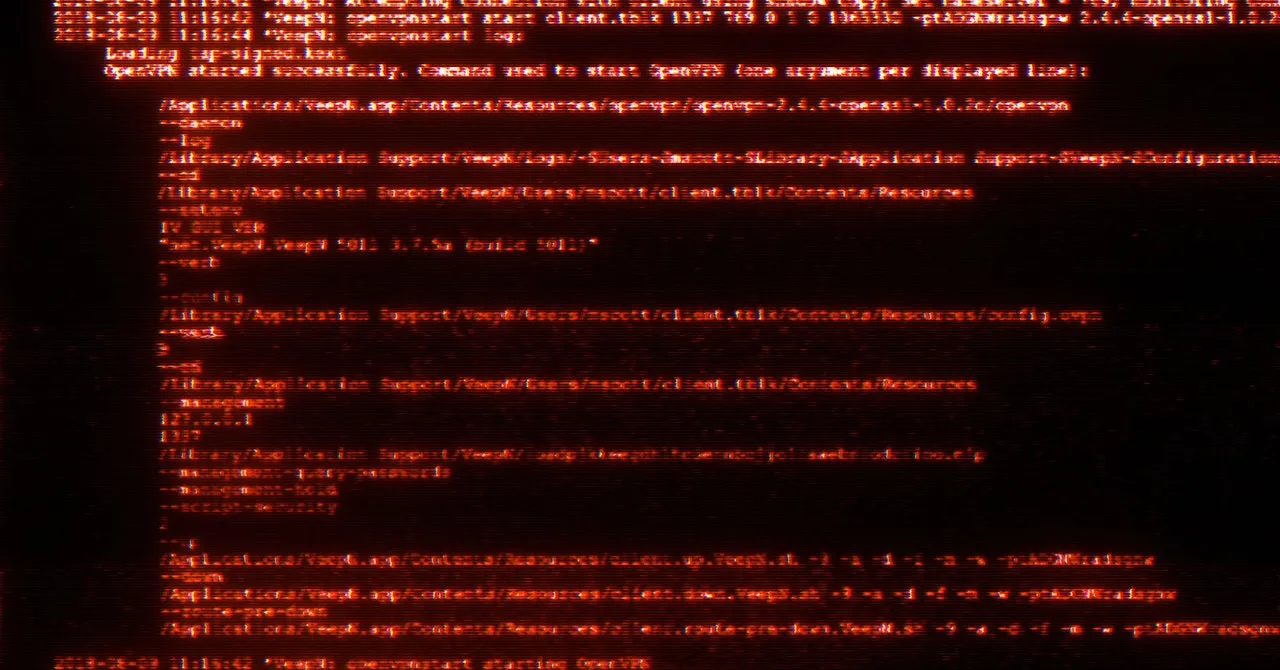Ars Technica Exposes Stealthy Malware Operating on Linux Systems

Cybersecurity Alarm: Perfctl Malware Infecting Linux Machines
In a shocking report by Ars Technica, a stealthy malware dubbed Perfctl has been infecting thousands of Linux systems. This malware exploits vulnerabilities, with its significant ability to leverage over 20,000 common misconfigurations to install itself, threatening millions of connected devices.
Understanding Perfctl's Threat Level
Perfctl, which operates silently in the background, utilizes various hacking mechanisms that enhance its persistence on infected machines. Notably, it manipulates system files and employs rootkit techniques to evade detection.
Vulnerabilities and Custom Techniques
- Exploits the CVE-2023-33426 vulnerability in Apache RocketMQ.
- Hides through process and file names akin to legitimate Linux tools.
- Maintains persistence via modifications to essential login scripts.
The malware acts not only as a crypto miner but also turns infected devices into lucrative proxies, raising concerns over data security and user privacy.
The Growing Cybersecurity Challenge
According to Assaf Morag from Aqua Security, the design of Perfctl makes it a formidable opponent against cybersecurity defenses. User reports reveal frustration among affected admins, detailing how the malware managed to persist through various removal attempts.
Taking Action Against Perfctl
Security professionals stress the urgency of addressing the vulnerabilities exploited by Perfctl. With the increasing sophistication of malware, individuals and organizations must enhance their cybersecurity measures to combat such threats effectively.
This article was prepared using information from open sources in accordance with the principles of Ethical Policy. The editorial team is not responsible for absolute accuracy, as it relies on data from the sources referenced.